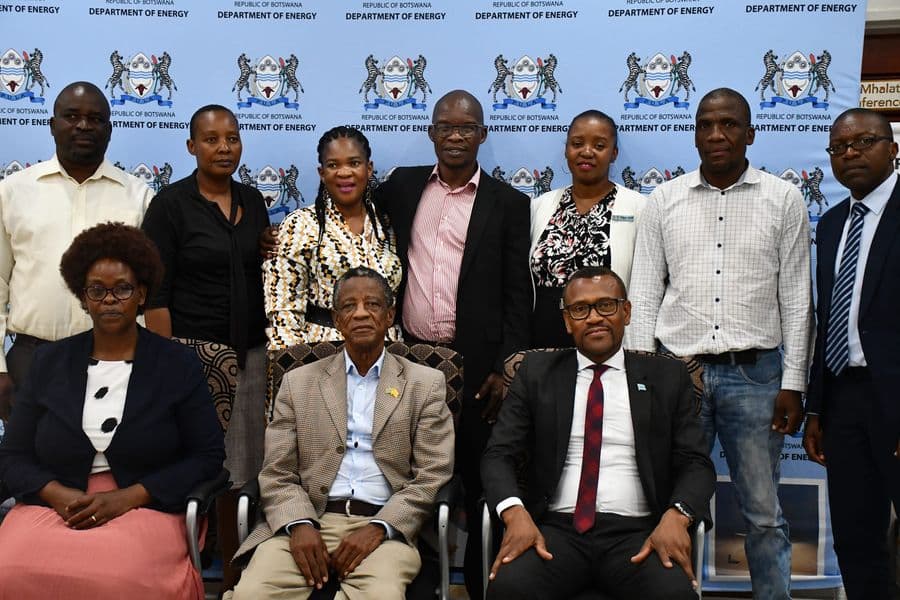Botswana: The Department of Energy has entered into a collaboration with United Nations Development Programme (UNDP) to host a two day theory training for the biogas project phase II at Mahalapye. The training exercise took place on October 24 and October 25 2023.
Mahalapye District Commissioner Ernest Phiri spoke to the trainees of the initiative. During his address. He pointed out that the student masons should have a positive mindset change to reap the benefits of the biogas initiative.
He also told the student masons that his office is always open to assist them even after completing their theory and practical training.
Additionally. District Commissioner Phiri emphasized that biogas is the cheapest and most available source of renewable energy in Botswana. Accordingly, he encouraged the students to tap into the opportunity to make a living.
When sharing her experience as a qualified mason, Ms Atamelang Matale said being a biogas digester mason has made her financially independent despite the gender discrimination that prevails in the male-dominated construction industry.
As a young female biogas digester mason who completed her training last year and has since constructed over thirty digesters, she said her financial life has improved significantly.
For his part, Mr Baruti Regoeng, Chief Energy Engineer from the Department of Energy, said the Biogas Project sought to facilitate low-carbon investments in the production and utilization of biogas from agro-waste in the districts of south-eastern Botswana.
He also indicated that Botswana regards the development of a sustainable and commercial biogas sector as a key mechanism for reducing harmful greenhouse gas (GHG) emissions and effectively managing agricultural waste, especially from the livestock industry.
In its first nationally determined contribution to the global reduction of GHG in 2010, Botswana pledged to reduce its emissions by 15 per cent by 2030, taking 2010 as the base year. Botswana’s GHG emissions make up 5 per cent of Africa’s total global emissions, according to the country’s Climate Change Policy.

